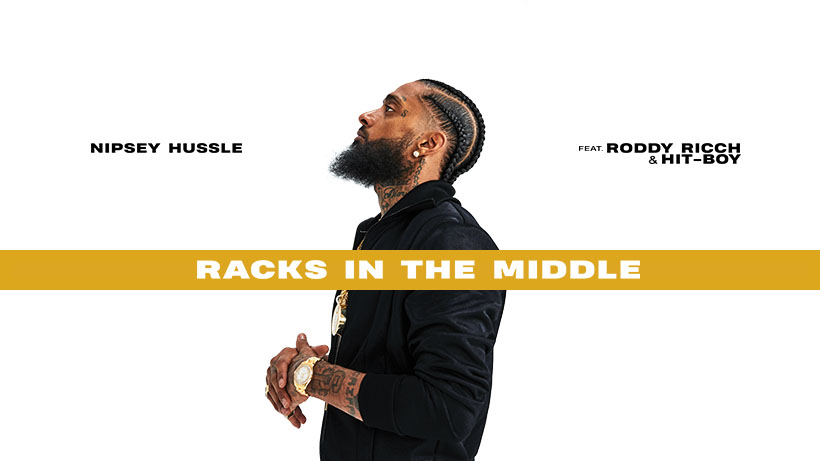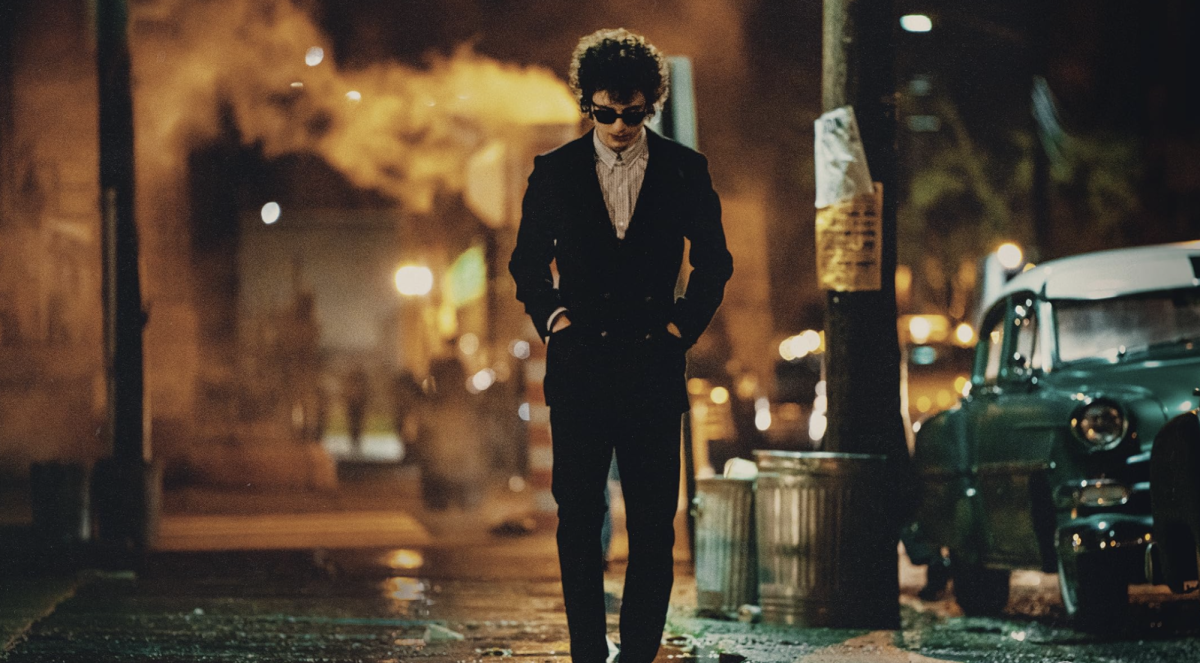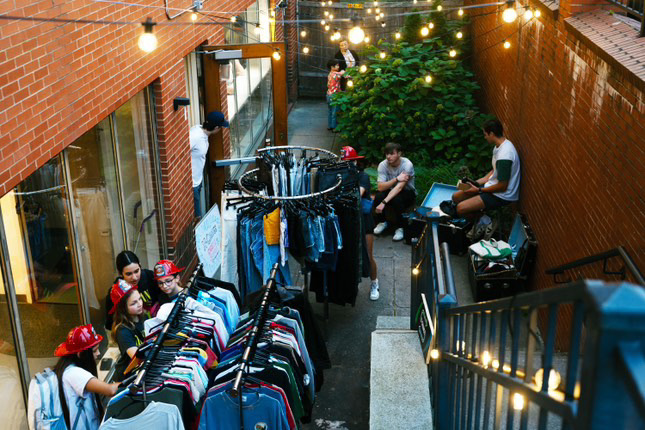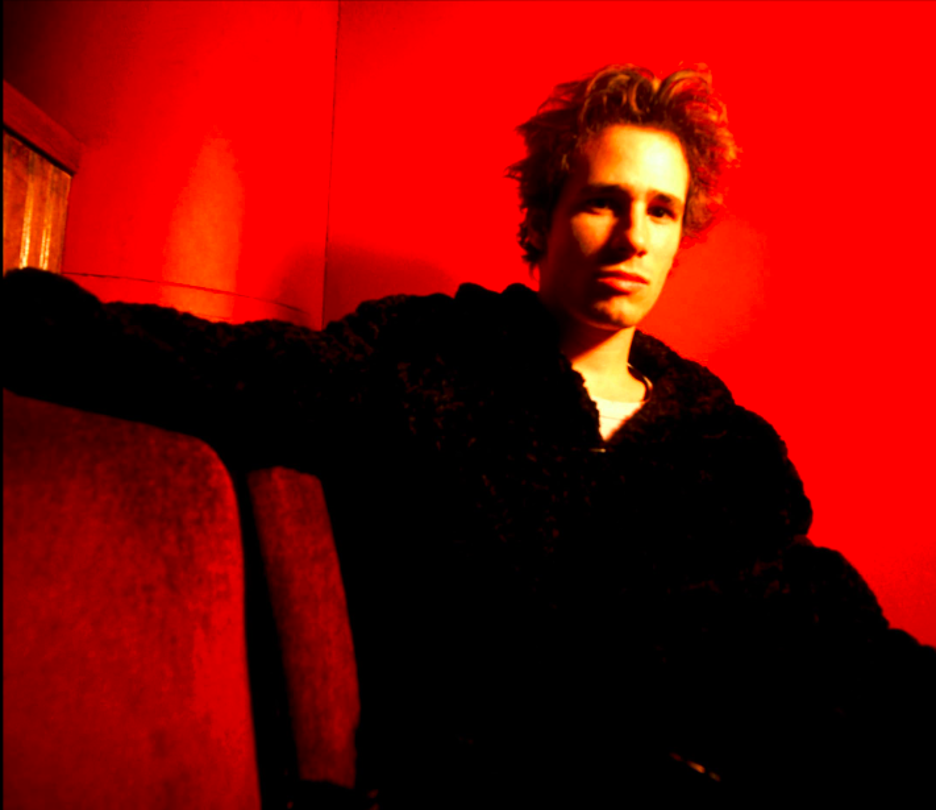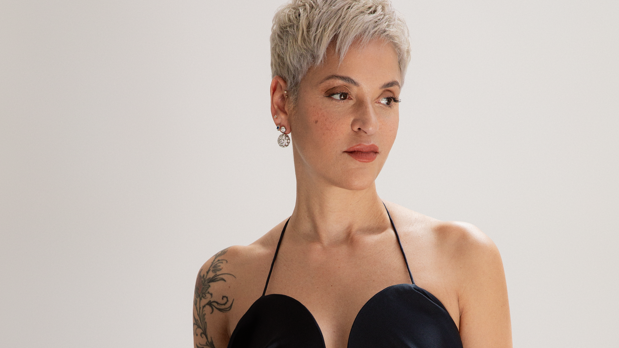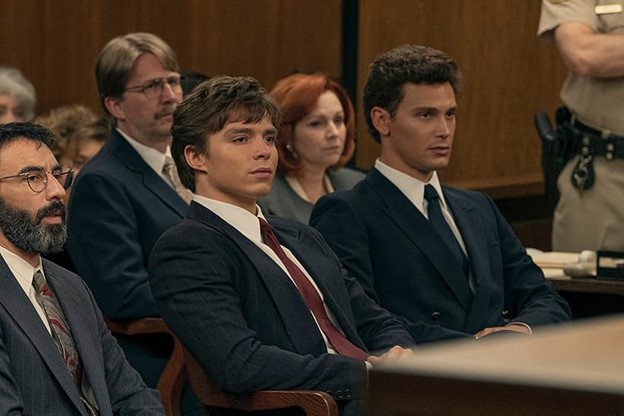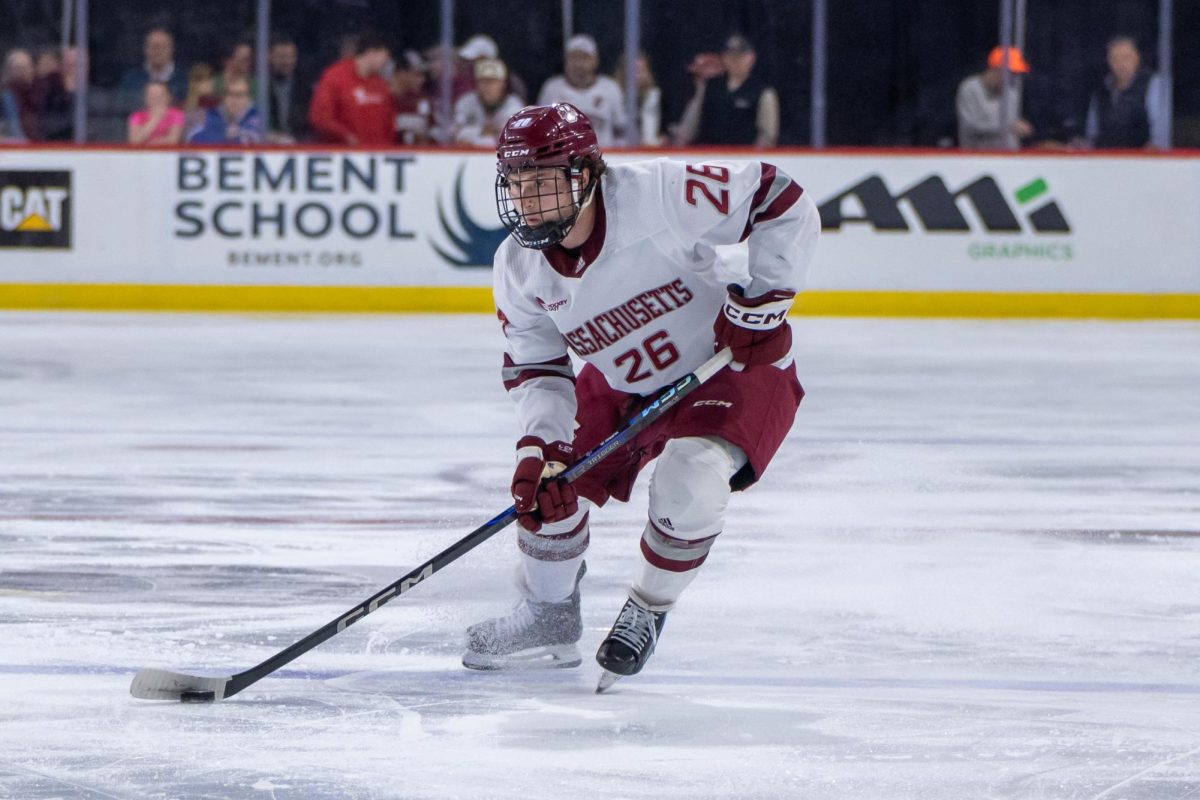In a recent surge of visibility for rapper Ermias Asghedom, better known as Nipsey Hussle, people all over the world have quoted, retweeted and liked images of him and girlfriend Lauren London in a spread in GQ Magazine about their power romance. It did not take long for them to be labeled our new “couple goals,” and I’m definitely not mad at it. This is not the first time a first generation East African artist has been in the limelight – artists like The Weeknd, Kelela and Aminéhave all contributed to the culture in tremendous ways, while simultaneously instilling an incredible sense of pride in our communities.
Nipsey Hussle’s success is clear. He’s signed to a major label and is featured in GQ with a glamorous photoshoot. How much more successful can this guy get? Be my guest in explaining that to our parents. In an attempt to create a better life for their children, many East African parents promote the idea that careers such as being a corporate lawyer, doctor or a business person are the only valid options in pursuing the American dream.
Like many immigrant parents, my parents have told me stories from home, some of them related to struggles and others reminiscent of a better, warmer (they moved to Boston of all places) climate. No matter the story, the primary takeaway from the collection was always that I deserve better. They also emphasized that the way to achieve that was through rigorous higher education and a job in one of those fields. Nothing imprinted this philosophy in me more than my father making his last words my brother and I a point that the most important thing in life was school, and that it would lead us to a better life.
Fast forward to 2019: I’m a 20-something interning at a major record label for free. Though I’ve held up the education portion of my parent’s wishes by attending a four-year university, I know that deep down inside I’m always comparing my accomplishments to those of my peers.
Growing up, I don’t remember my parents playing anything other than Aster Aweke, Bob Marley or Teddy Afro. Granted, neither of my parents were music junkies; they would never have turned on some Luther Vandross, Anita Baker or even the musical stylings of Beyoncé. The majority of my young music consumption came in two ways. Either my brother was putting me onto Jay-Z or the girls in my class were playing NSYNC for me. As I got older, my own music taste expanded and with the help of LimeWire and iTunes, I grew to appreciate many different kinds of genres, though hip-hop has stayed most consistent.
Today, it makes me extremely proud to see hip-hop artists who come from a similar background
as me making huge contributions to the culture. Artists like Aminé, The Weeknd, Kelela and Nipsey Hussle are a few who come to mind in doing so. Many even talk about their families publicly, and always positively. It’s inspiring for young first-generation kids to see these adults show their parents that it’s not only possible, but it is ours for the taking, and we deserve to own our narratives too. Recently, Aminé tweeted a text conversation between himself and his mom where she reacted to his “Reel It In” music video. The chorus of the song features multiple profanities, which isn’t exactly the kind of content most East African parents want to see. However, in a supportive tone, Amine’s mom texts him that the song contains “too much A$$.” She also calls him a loving “Babaye” and ensures him that she understands that “he knows what he is doing,” but hopes he does less of this (so incredibly cute).
The most influential out of these artists for me as a Black woman has been Kelela. Her
positionality and brand has been instrumental in pushing forward a self-love narrative to a lot of young girls. Her songs are conceptually compelling, her lyrics are worthwhile and her aesthetic is very afro-futuristic. These factors coupled with how she remains extremely body-positive and sexually empowering makes her the perfect role model for young first-generation kids all over.
Kelela has been making music for years now, but my favorite project of hers so far has been her
2017 album, “Take Me Apart.” The album covers vulnerability and love, which are topics that are largely taboo in many East African households. The single, “LMK,” tells the story of a woman who is interested in someone, but they lack the communication efforts to uphold a relationship. She also talks about writing the song specifically to call out men who lose respect for women after actually having sex with them. She sings, “It ain’t that deep, either way, No one’s tryna settle down, All you gotta do is let me know.” By singing openly about communication, and the idea that some want something extra from a relationship, Kelela is able to really call into question the way in which some engage in intimacy. Again, this is huge coming straight from the mouth of a woman, but it’s even more impressive knowing that she is challenging her East African cultural community as well.
I hope the inspiration of artists like Kelela, Aminé, Nipsey and the like continue to inspire kids all over. I also hope that having them as role models can in turn create a new generation of artists, born to immigrant parents, who have stories of their own to tell.
Eden Bekele can be reached at [email protected] and followed on Twitter at @edenduhh.

